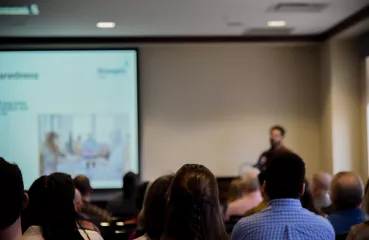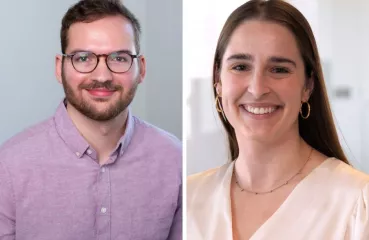CERTs: In the grand scheme of things, you are a pretty young solar installer with a pretty young business (2.5 years installing solar). How did you get into this line of work? 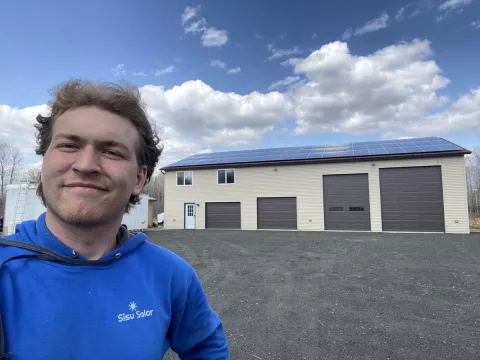
Sipila: I am currently 26, and will be turning 27 in June. While in college I joined a team called the University of Minnesota Solar Vehicle Project. This group designed, built, raced, (and financed and marketed) a fully-sized electric car that was solar-powered from solar cells mounted to its roof. We took these cars and raced them against other solar car teams from around the world. While I was not part of the engineering design team, I was instead the operations director and was in charge of events, finances, marketing, etc. The skills I gained really did help me a lot when starting Sisu Solar.
That whole endeavor got me interested in solar, and later in college I got an internship at a local Minnesota solar installation company called TruNorth Solar. It was there I learned the tricks of the trade and fell in love with residential solar installation.
After I graduated, I thought I would take a crack at starting my own business. Being from Virginia, MN, I saw there were not many solar installation companies in northern Minnesota, so I made it my goal to bring as much solar to the Iron Range as I can.
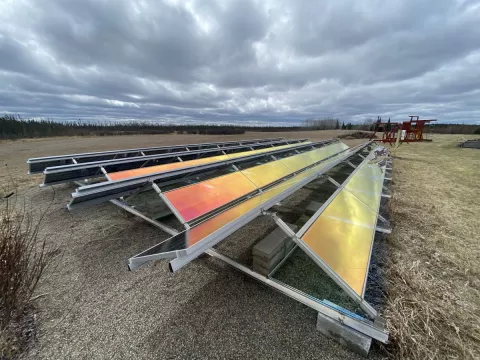
CERTs: We think of Sisu's service territory being primarily the Iron Range/Duluth area. But your website says you've done projects in the Twin Cities and as far south as Rochester. Are you kinda "have solar, will travel" nimble in that way?
Sipila: Indeed, we have an electrical and building contractors license for Minnesota so we can install anywhere in the state. We simply focus on installs up north and in the Twin Cities. We have two locations, one in St. Paul, MN and one near Virginia, MN. We have a big trailer we use to carry equipment that we have driven all over the state, so it's not that big of a deal if we need to do a little bit of driving.
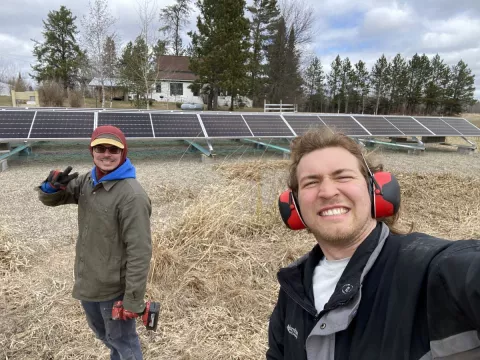
CERTs: What are your favorite and/or least favorite parts of being a solar installer?
Sipila: My favorite parts involve being able to see projects all the way through the process. I love getting a call from someone I've never met before, talking to them, and working with them from A-Z to build a solar PV system that will supply them with electricity for a lifetime.
Our business model is a bit different than most construction companies because we do not have separate sales departments, construction teams, etc. All of our full time employees are what I like to call "solar experts". Each one of us knows the entire solar installation process from sales to design to construction. This works best for our customers because no info slips through the cracks. The person selling them solar will be the same person on-site building it. It is also a more well-rounded experience for the employees of Sisu Solar.
My least favorite is the process after we finish building a solar PV system. Some people don't know this, but almost every new solar PV system these days has a monitoring platform. That means the solar needs to connect to the internet. 50% of the time, this works flawlessly, but sometimes I'm waiting for hours trying to connect things. Also we have to schedule an electrical inspection and have the utility come out to test the system before it can officially turn on. I understand why we gotta do it, but gosh do I wish we could get the system up and running as soon as we finish the job on site.
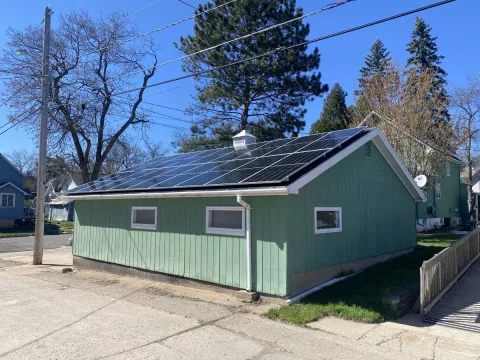
CERTs: What advice would you give to a young person interested in being an electrician/solar installer?
Sipila: Here's my hot take about this. Lots of people talk about the two main routes you can take after high school: One, go to college to get a high-paying job. Two, jump right into the trades and make a career on that.
Both options are fine, but I think there is a stigma where college educated students feel like they shouldn't go into the trades. I think electric companies, solar companies, and almost all the other construction companies would benefit from having a college educated workforce. It's my plea to employers to realize the benefit of them and to pay them more. Working in a trade throughout college (which I did) was essential to learning how to thrive in the trades.
students feel like they shouldn't go into the trades. I think electric companies, solar companies, and almost all the other construction companies would benefit from having a college educated workforce. It's my plea to employers to realize the benefit of them and to pay them more. Working in a trade throughout college (which I did) was essential to learning how to thrive in the trades.
If I had to go back, I would probably get an electrical-related engineering degree. I worked many desk jobs before I started working in solar, they were NOT for me. But being able to physically work outdoors building things with my own hands really makes me happy. I would strongly recommend it!
It was great connecting with you. How is 2024 treating Sisu Solar so far?
2024 is going good, we’ve hired two more people this year and have lots of work. We have already built several really nice solar arrays and we will continue to install them as long as the sun keeps shining!





 students feel like they shouldn't go into the trades. I think electric companies, solar companies, and almost all the other construction companies would benefit from having a college educated workforce. It's my plea to employers to realize the benefit of them and to pay them more. Working in a trade throughout college (which I did) was essential to learning how to thrive in the trades.
students feel like they shouldn't go into the trades. I think electric companies, solar companies, and almost all the other construction companies would benefit from having a college educated workforce. It's my plea to employers to realize the benefit of them and to pay them more. Working in a trade throughout college (which I did) was essential to learning how to thrive in the trades. 